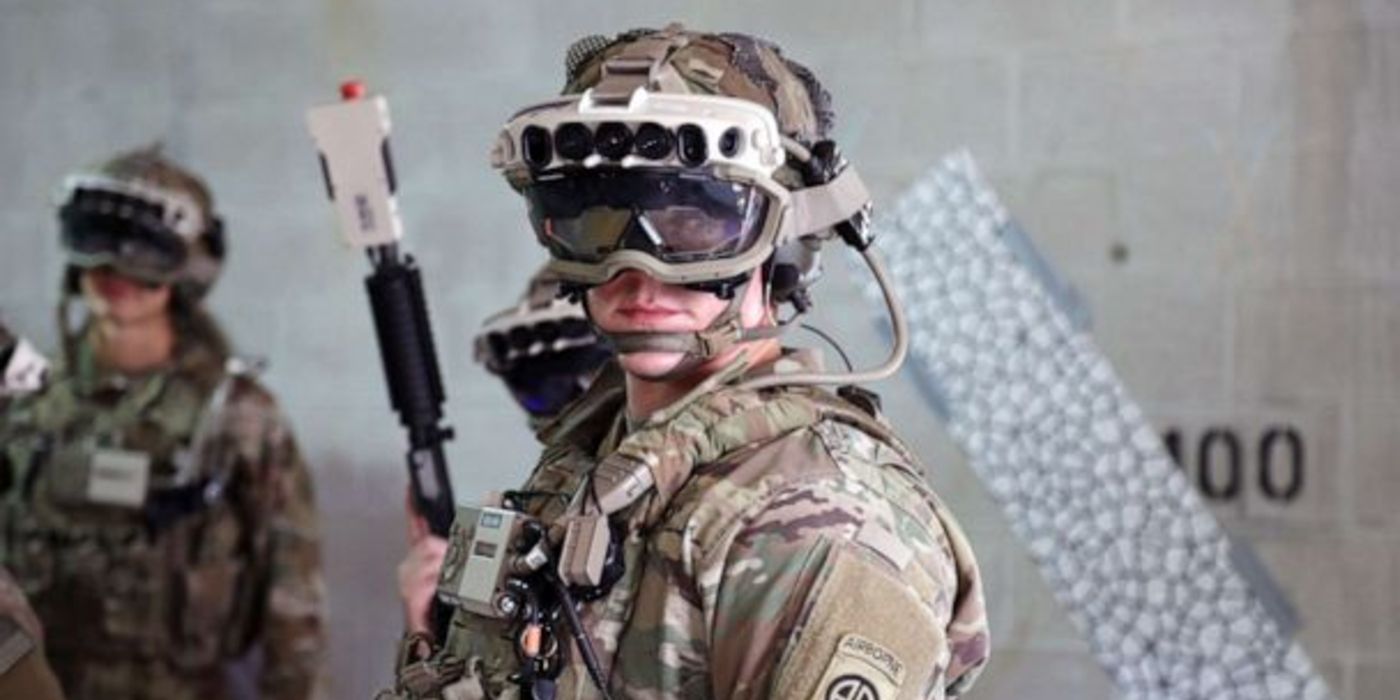
Software company Microsoft wins a contract to supply the US Army with HoloLens-based headsets. The contract was awarded March 26, is estimated to be worth up to $21.88 billion over the next 10 years, and will reportedly involve Microsoft supplying at least 120,000 headsets.
The tech giant has been working closely with the Army for several years. The two entities have had a working relationship since 2018, with soldiers testing the Integrated Visual Augmentation System (IVAS) headsets since 2019. The IVAS devices combine high-resolution night, thermal, and soldier-borne sensors into a comprehensive heads-up display. The intent behind the program is to give wearers enhanced situational awareness, and to ease information sharing and decision-making.
RELATED: Portal for the HoloLens Is Insane
According to a statement released by the US Army, the IVAS system leverages AR tech and machine learning to enable a life-like mixed reality environment so soldiers "can rehearse before engaging any adversaries." In February, the Call of Duty-recruiting military branch revealed a new, ruggedized version of its HoloLens, one that enables things like armored vehicle operators to see through the vehicle walls. While the Microsoft mixed reality headset's hardware has remain largely unchanged since the release of its second version, the state of its software is a different story.
Microsoft recently revealed its impressive Mesh AR technology. Mesh's aspirations envision a mixed reality application which allows holographic avatars to interact with objects that appear in physical spaces, coined as "holoportation." The new software has myriad potential uses, especially when considering militaristic applications. With companies like Facebook, Snap, Qualcomm, and more heavily investing in developing AR and VR technologies, it should certainly be interesting to see how the medium evolves in the years to come.

